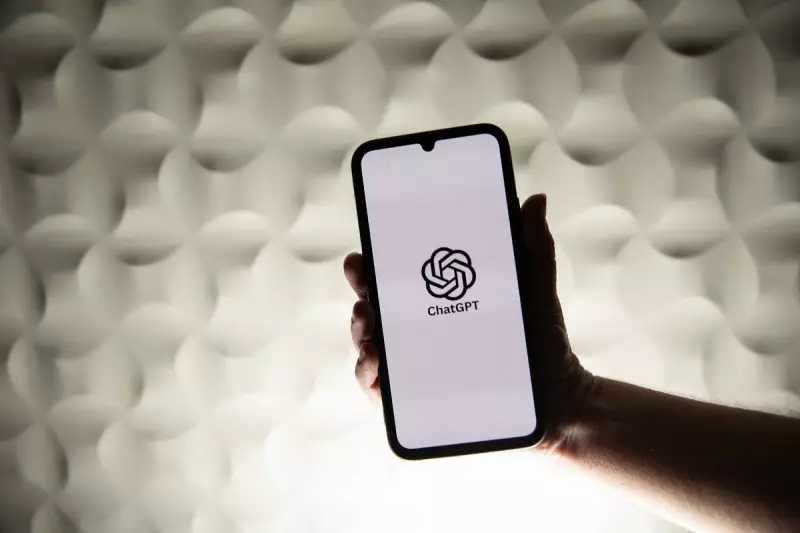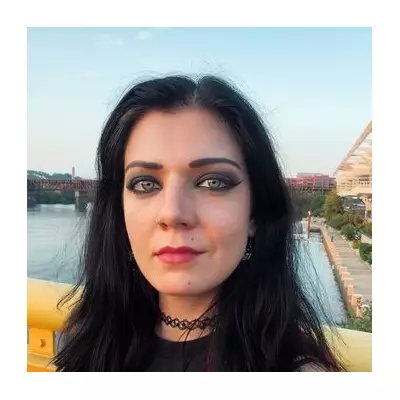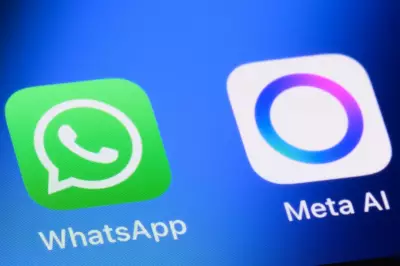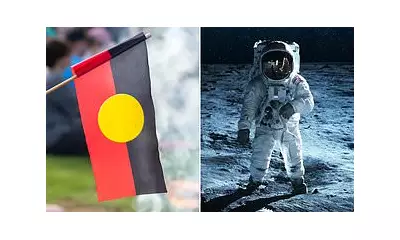
The digital landscape is facing an unexpected culture clash as artificial intelligence meets human sexuality. While ChatGPT has revolutionised content creation, its strict prohibition on generating erotic fiction has sparked intense debate about creative boundaries in the AI era.
The Digital Chaperone
Renowned columnist Rowan Pelling, former editor of The Erotic Review, finds herself at the forefront of this discussion. Her attempts to explore AI's capabilities for crafting sensual literature were consistently blocked by the platform's content filters. This digital gatekeeping raises fundamental questions about who gets to define appropriate content in our increasingly automated creative landscape.
Beyond Simple Censorship
The issue extends far beyond mere prudishness. As Pelling discovered, the restrictions appear inconsistent and often baffling. While explicit content is clearly forbidden, even sophisticated literary explorations of intimacy and desire trigger automatic shutdowns. This blanket approach threatens to stifle legitimate artistic expression and ignores the rich tradition of erotic literature throughout human history.
The Creative Conundrum
Writers and artists are left wondering: where should we draw the line between protection and prohibition? The current AI approach seems to err heavily on the side of caution, potentially limiting the development of technology that could assist writers across all genres, including romance and literary fiction.
A Broader Cultural Conversation
This isn't just about technology—it's about how we navigate sexuality in the digital age. As AI becomes increasingly integrated into creative processes, these restrictions could shape cultural production for generations. The conversation touches on everything from artistic freedom to corporate responsibility and the evolving nature of human-machine collaboration.
The debate surrounding ChatGPT's content policies reflects larger tensions in our relationship with emerging technologies. As we stand at this crossroads, the decisions made today about AI and creative expression may well define the cultural landscape of tomorrow.





